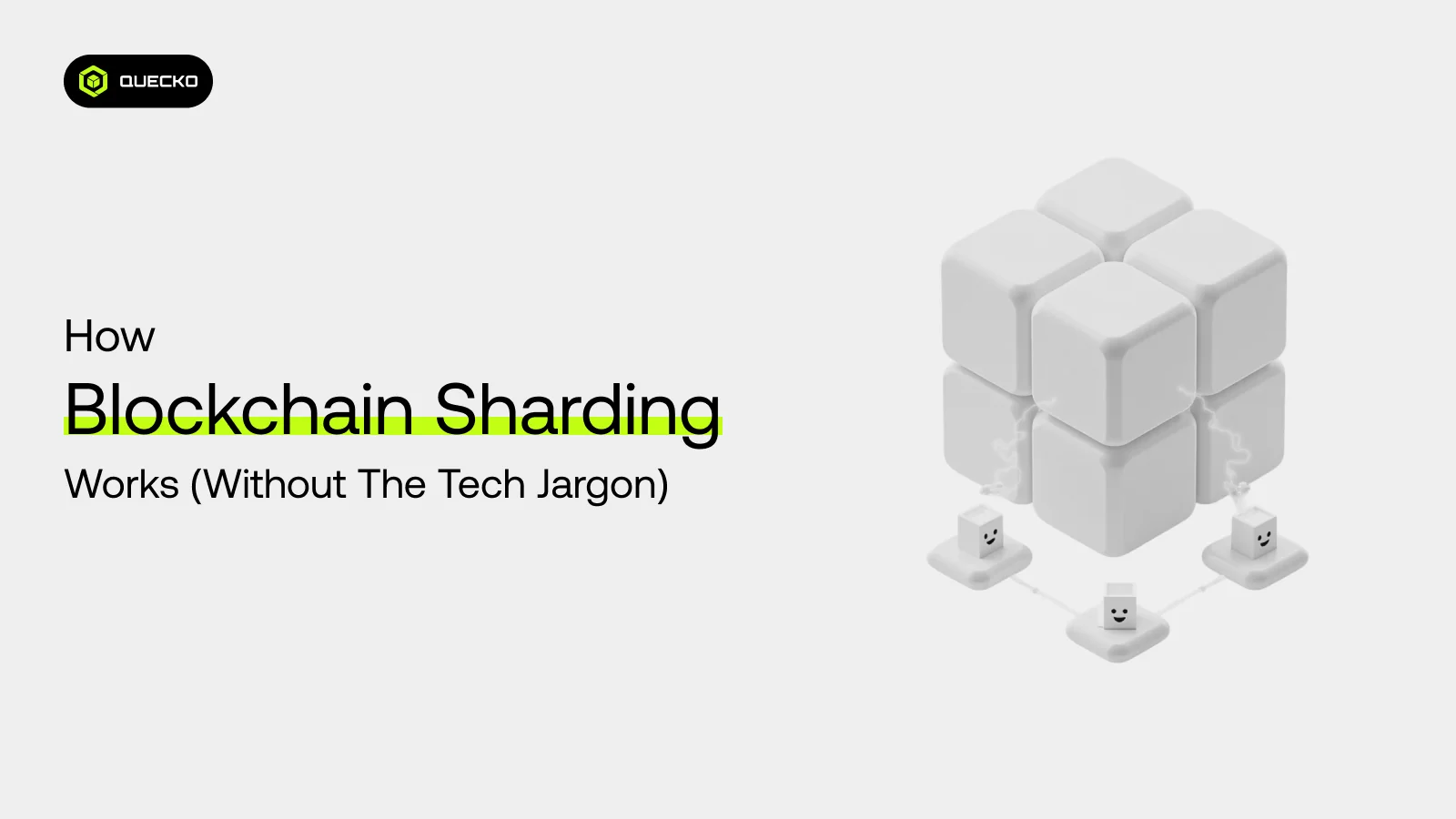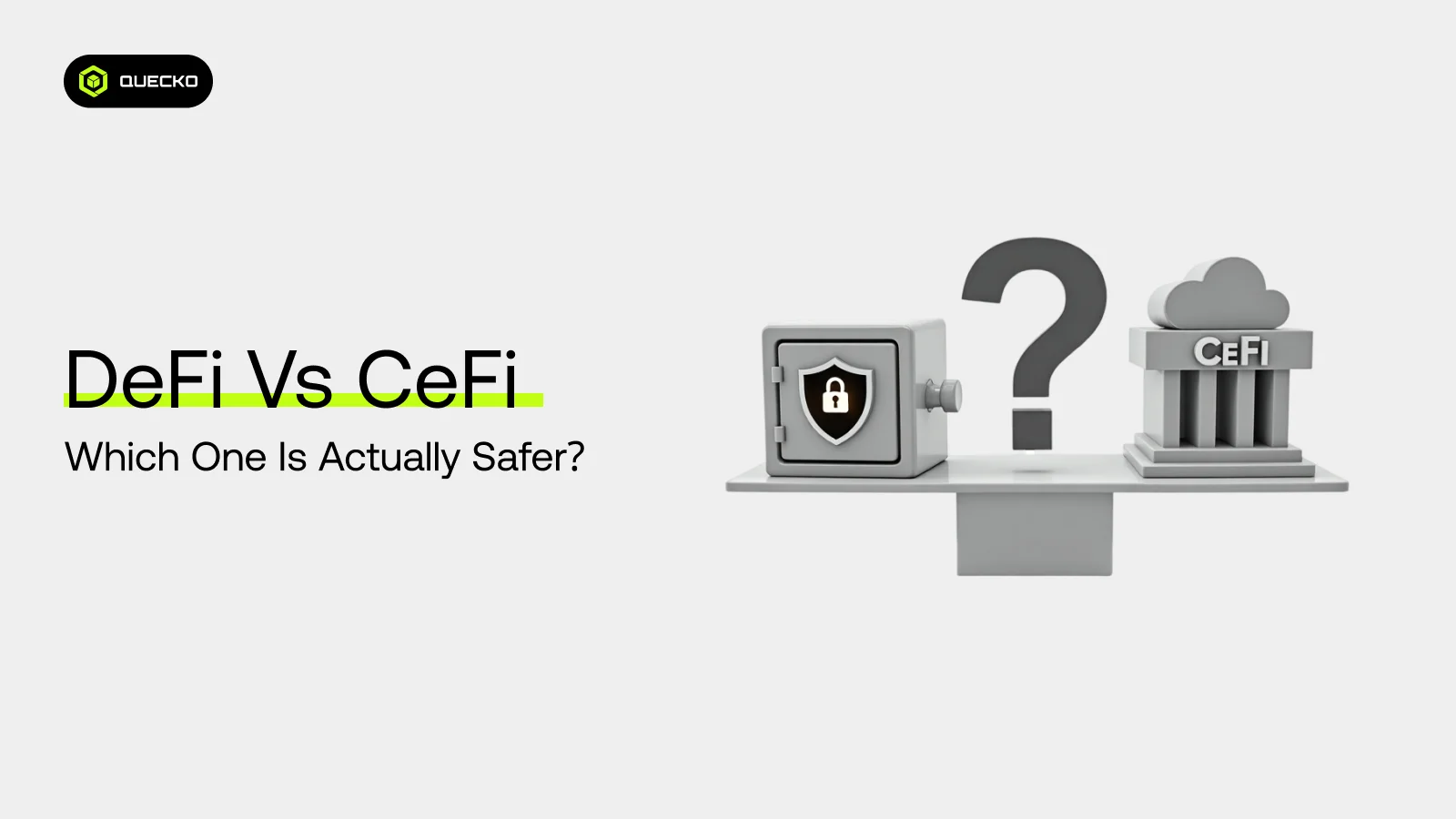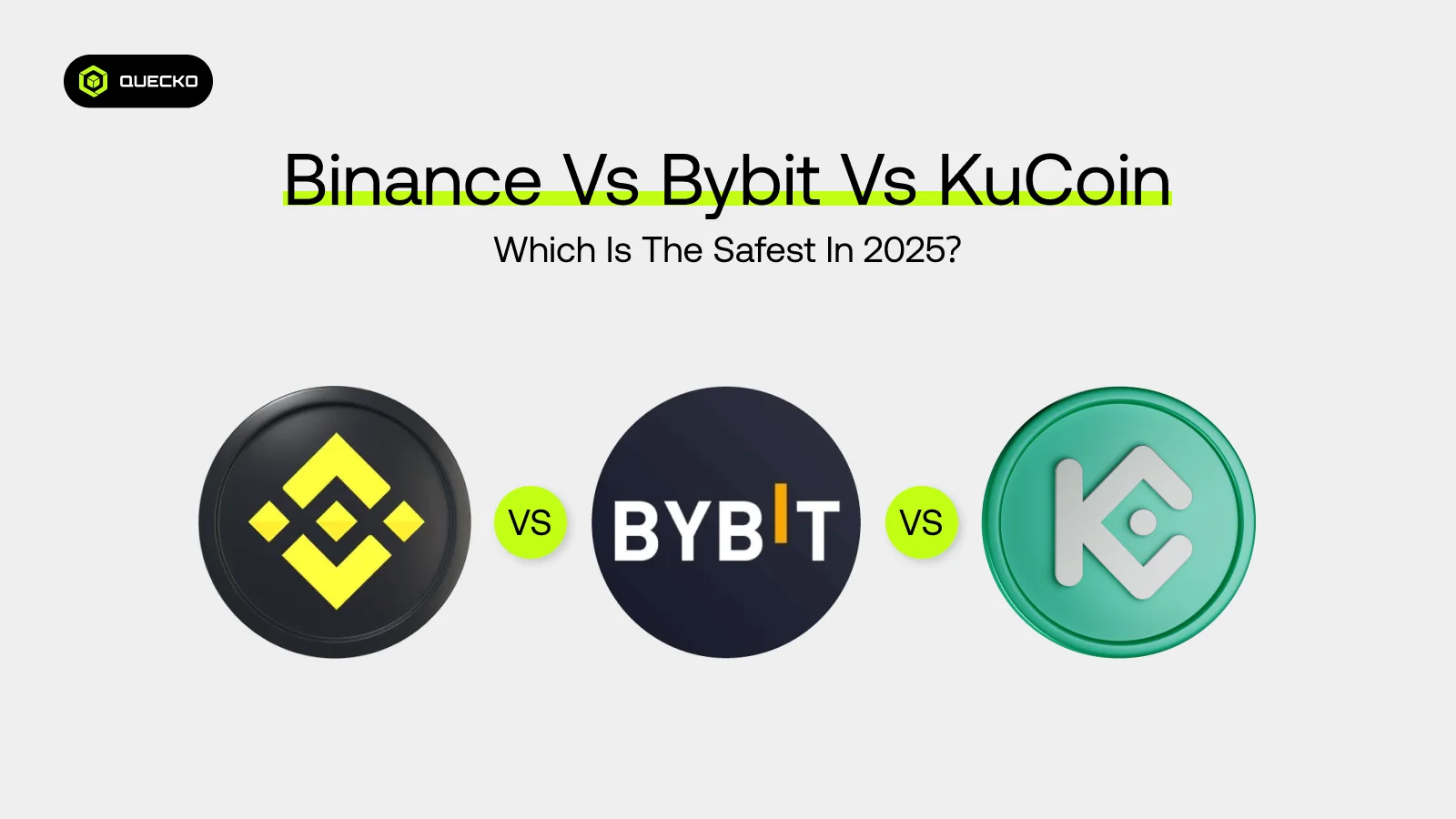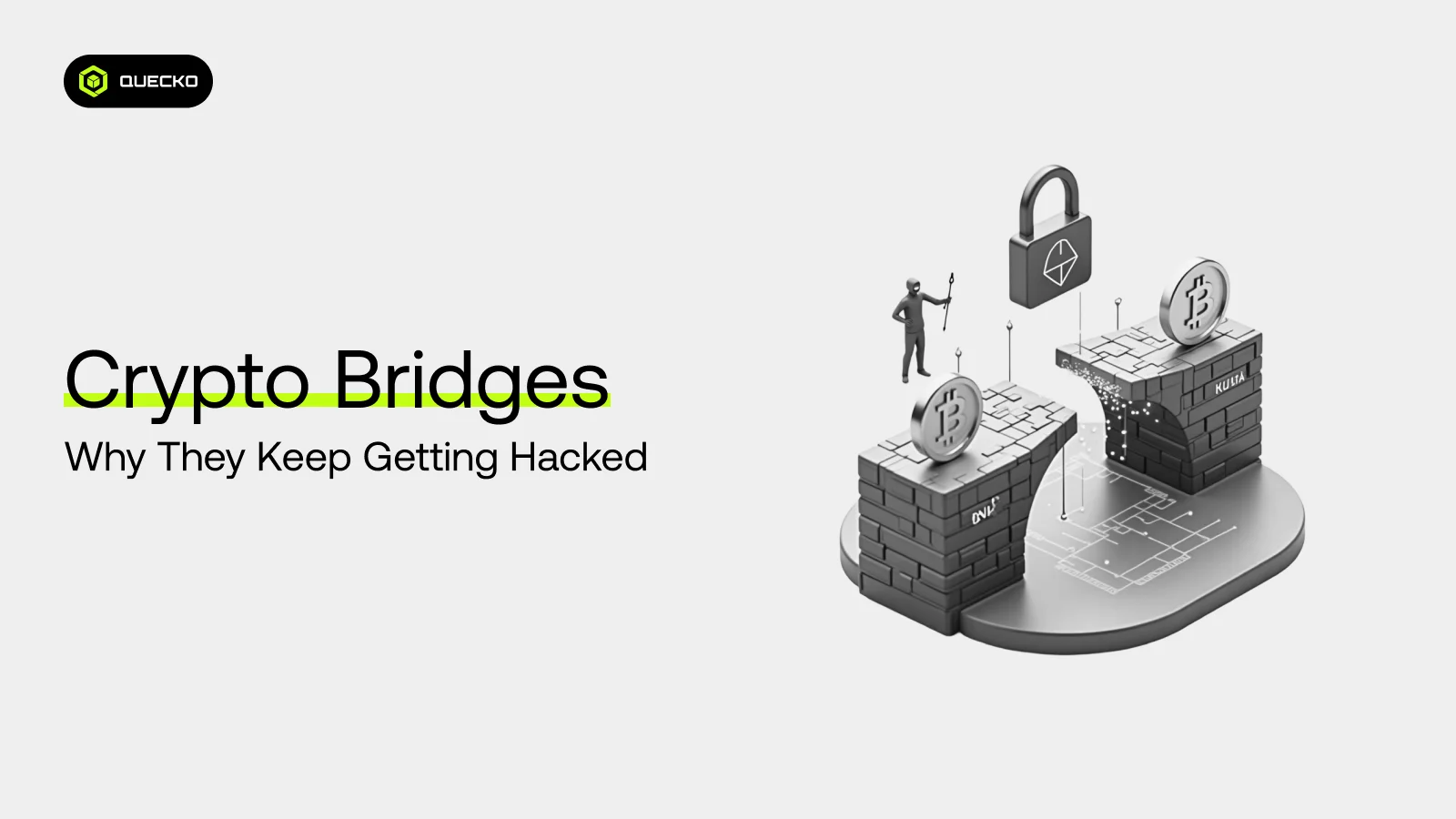How Supply Chain Management Can Work in Blockchain
Blockchain technology has become increasingly popular due to its ability to provide decentralized and secure transaction processing. In the field of supply chain management, blockchain technology can help to address challenges related to transparency, traceability, security, and efficiency.
How Supply Chain Management Can Work in Blockchain
Blockchain technology has become increasingly popular due to its ability to provide decentralized and secure transaction processing. In the field of supply chain management, blockchain technology can help to address challenges related to transparency, traceability, security, and efficiency. In this article, we will explore how blockchain can be used in supply chain management and how it can improve the efficiency and security of the supply chain process.
Overview of the Supply Chain Management Process
The supply chain management process involves the movement of goods and services from the point of origin to the point of consumption. The process involves multiple stakeholders, including suppliers, manufacturers, distributors, retailers, and consumers. The traditional supply chain management systems are often plagued with inefficiencies, lack of transparency, and security issues. Blockchain technology can provide a decentralized and secure platform for managing the supply chain management process.
Using Blockchain in Supply Chain Management
Blockchain technology provides a decentralized and secure platform for managing the supply chain management process. Each transaction in the supply chain can be recorded on the blockchain, creating a transparent and tamper-proof record of all transactions. This allows stakeholders to track the movement of goods and services from the point of origin to the point of consumption.
The following are the key features of blockchain that make it suitable for supply chain management
Decentralization:
The decentralized nature of blockchain technology eliminates the need for intermediaries, reducing the time and cost associated with the supply chain process.
Immutability:
Once a transaction is recorded on the blockchain, it cannot be altered or deleted. This creates a tamper-proof record of all transactions in the supply chain.
Transparency:
Each transaction in the supply chain can be recorded on the blockchain, creating a transparent and tamper-proof record of all transactions. This allows stakeholders to track the movement of goods and services from the point of origin to the point of consumption.
Security:
Each transaction in the supply chain is verified by the network of nodes, ensuring that the data is secure and cannot be tampered with. This reduces the risk of fraud and counterfeiting, ensuring that the supply chain process is reliable and trustworthy.
Smart contracts:
Smart contracts can be used to automate various aspects of the supply chain management process, such as payment processing and contract execution. This reduces the need for manual intervention, improving the efficiency and speed of the supply chain process.
what can be the supply chain model on a blockchain?
There are different types of supply chain models that can be implemented on a blockchain depending on the specific needs and requirements of the supply chain process. Some examples of supply chain models that can be implemented on a blockchain are:
Provenance-based model:
In this model, the blockchain is used to record the origin and movement of goods from the point of origin to the point of consumption. This allows stakeholders to track the history of the product and verify its authenticity.
Inventory management model:
In this model, the blockchain is used to track the inventory of goods at each stage of the supply chain process. This allows stakeholders to manage the inventory more efficiently, reducing waste and optimizing the supply chain process.
Payment and settlement model:
In this model, the blockchain is used to automate the payment and settlement process between the different stakeholders in the supply chain. This reduces the time and cost associated with the payment process, improving the efficiency of the supply chain process.
Contract management model:
In this model, the blockchain is used to automate the contract management process between the different stakeholders in the supply chain. Smart contracts can be used to execute the terms of the contract automatically, reducing the need for manual intervention.
Logistics and transportation model:
In this model, the blockchain is used to track the movement of goods during transportation. This allows stakeholders to optimize the transportation process, reducing the time and cost associated with transportation.
Overall, the specific supply chain model that is implemented on a blockchain will depend on the specific requirements of the supply chain process and the needs of the stakeholders involved. By leveraging the unique features of blockchain technology, supply chain processes can be made more efficient, secure, and transparent, benefiting all stakeholders involved.
Implementation of Blockchain in Supply Chain Management
The following are the steps involved in implementing blockchain in supply chain management:
Identify the stakeholders:
The first step in implementing blockchain in supply chain management is to identify the stakeholders involved in the supply chain process.
Design the blockchain architecture:
The next step is to design the blockchain architecture, including the type of blockchain, the consensus mechanism, and the data structure.
Develop smart contracts:
Smart contracts can be used to automate various aspects of the supply chain management process, such as payment processing and contract execution. These smart contracts can be developed using programming languages like Solidity.
Integrate the blockchain with the existing systems:
The blockchain platform needs to be integrated with the existing systems used by the stakeholders in the supply chain process.
Test and deploy the blockchain platform:
The blockchain platform needs to be tested and deployed in a phased manner to ensure that it is functioning correctly.
Conclusion
Blockchain technology provides a decentralized and secure platform for managing the supply chain management process. The use of blockchain in supply chain management can improve the efficiency and security of the supply chain process. As the technology continues to evolve, we are likely to see more innovative use cases emerge in the field of supply chain management. The implementation of blockchain in supply chain management requires careful planning and execution to ensure that it is successful.
Date
2 years agoShare on
Related Blogs

How ‘Blockchain Sharding’ Works (Without the Tech Jargon)
3 days ago

DeFi vs. CeFi: Which One is Actually Safer?
7 days ago

Binance vs Bybit vs KuCoin – Which is the Safest in 2025?
9 days ago

Crypto Bridges: Why They Keep Getting Hacked
10 days ago








